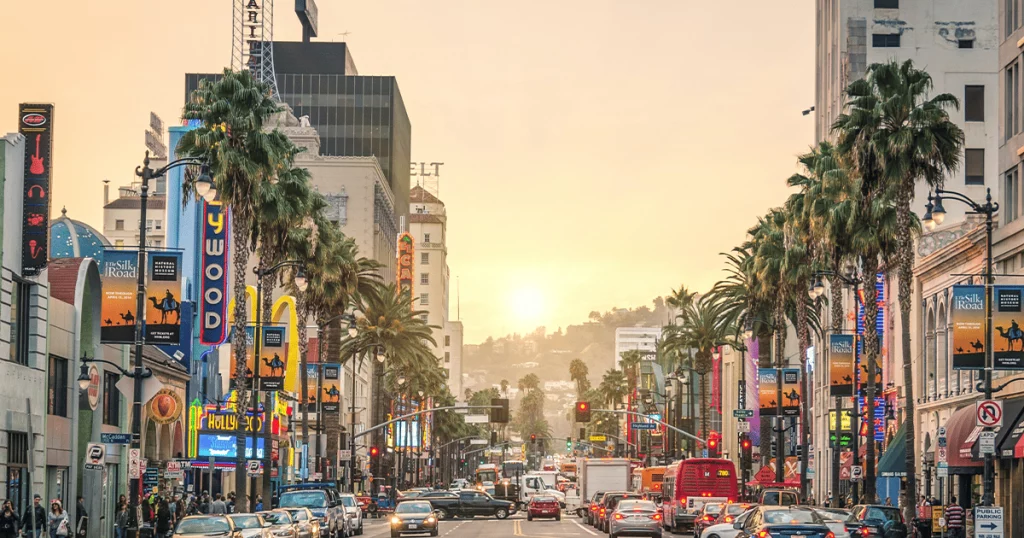California’s adult-use program has failed to compete with the thriving black market, and this is largely due to municipal policy bottlenecking the industry. Nearly 62% of cities have banned all cannabis sales, and those allowing retail have severely limited the number of licenses available.
However, a recent ballot measure shows that several California cities are rethinking their stance on cannabis – 12 local ballot measures passed this midterm, creating 70 new licensing opportunities.
The Problem With California’s Adult-Use Market
California’s cannabis industry is a mess.
The state legalized adult-use marijuana in 2016, but the lack of retail storefronts has left it with a massive illegal market and a small legal one. The number of licensed retail outlets in the state is lower than it was in 2015, and the illegal market is growing rapidly.
And that’s just the beginning: Prop 64 allowed municipalities to opt out of adult-use cannabis. This resulted in the closure of medical dispensaries and created dry zones where no cannabis can be sold legally, even though many people need it for medical purposes. Only 85 of California’s 500 municipalities allow retail cannabis sales. There were thousands of nonprofit medical dispensaries in operation before Prop. 64; today, there are a mere 800 or so licensed cannabis retailers in the state—which means California has just two legal dispensaries for every 100,000 people.

The Midterm Results
It’s a big day for California’s cannabis industry.
Voters approved 12 local ballot measures in the 2022 midterm elections that will expand or create the retail cannabis presence in a dozen municipalities, with most of the gains centered in Los Angeles and San Diego counties.
All in, the wins should translate to more than 70 new retail licenses and countless other business opportunities for plant-touching and ancillary companies serving those retailers.
L.A. County alone will create 25 retail licenses after voters in the nation’s most-populous county widely approved taxing marijuana businesses in unincorporated areas, including a 6% tax on gross retail receipts. They’re also pushing out their social equity licensing program, which will create over 150 retail opportunities in the county.
In San Diego County, voters approved a tax measure that ultimately could lead to more than 20 new retail licenses. Huntington Beach is set to become one of the only coastal cities selling cannabis after voters passed an initiative to create ten new dispensaries.

After a long fight, 70 new cannabis dispensaries are opening in California. This is definitely good news, but it doesn’t remedy the entire problem.
The issue with Proposition 64 allowing municipalities to opt out of cannabis retail has created a massive shortage that has ironically ushered in the crime they claim they wanted to avoid. Municipalities can already control zoning, so why do they need to be able to opt-in and out of cannabis? California voters very clearly stated that they want legal cannabis, and they should be able to get that regardless of where they live.
While this is definitely a step in the right direction, Proposition 64 needs to be amended so everyone who wants to start a cannabis business can do so without facing unnecessary obstacles like these. The illegal market’s success is just proof that people are buying weed anyway, so why waste money on law enforcement when they could be making more money with cannabis sales taxes? Retail licenses create more jobs too, which helps reduce crime overall.
However, these cities and counties don’t need to know about all of the potential positives of a thriving cannabis market. They should just allow the market to exist because that’s what California voters decided.
Enjoyed that first hit? Come chill with us every week at the Friday Sesh for a freshly packed bowl of the week’s best cannabis news!

















